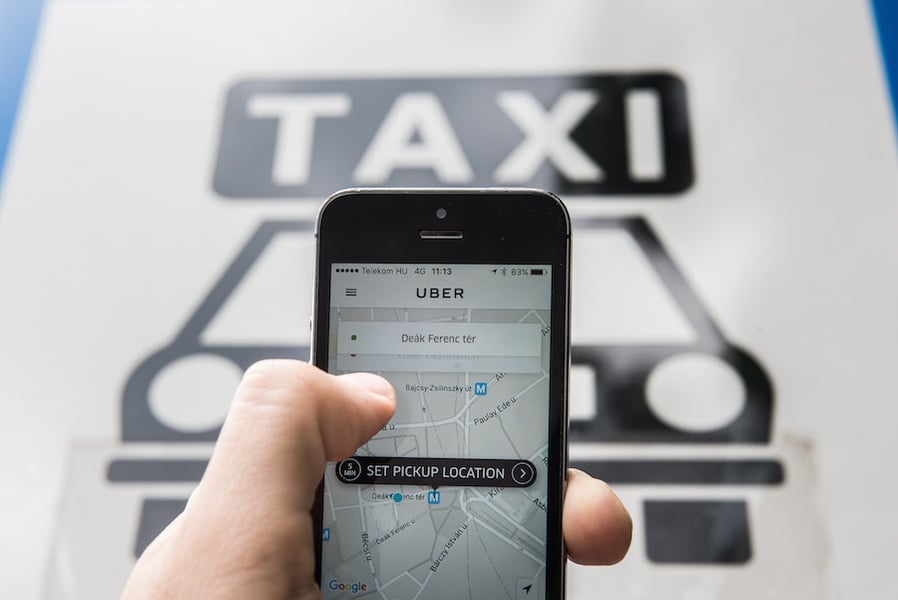Betterment, one of the original robo-advisers, announced on Wednesday it has teamed up with digital hail-a-ride application provider Uber to offer its drivers access to retirement services.
Uber drivers, who are considered independent contractors as opposed to full-time employees, will receive free investment services in individual retirement accounts for a year.
Such a deal between two well-known technology start-up companies was inevitable, experts said. But the partnership is particularly beneficial for Betterment because it is tapping into a pool of potential clients — independent contractors — that make up the so-called "gig economy," characterized by many independent workers with short-term or flexible assignments.
"The robo-firms themselves are well-aligned for those potential prospects," said Sean McDermott, a senior analyst at Corporate Insight. "From my recollection, this is the first overt play going after anyone in the share economy, so it is a strategic move by Betterment."
Uber drivers in the state of New Jersey and cities of Seattle, Boston and Chicago will have access to Betterment's IRA or Roth IRA on their mobile apps beginning on Wednesday. The program will eventually go nationwide. The relationship between Uber and Betterment, which has more than $5.5 billion in assets under management, is not to be confused with a plan an employer would have with the robo's 401(k) platform provider,
Betterment for Business.
"They're independent contractors so like any worker, Uber drivers have the immensely important task of planning for retirement," said Eli Broverman, president and co-founder of Betterment.
The gig economy, which can be used to support a person or supplement his or her income, is growing rapidly in both labor, including driving or dog walking, and capital, such as selling items online. Between 2012 and 2015, 4.2% of adults in the United States, or 10.3 million people, earned income through the online platform economy. That number saw a 47-fold increase over those three years, according to a
February JPMorgan Chase and Co. study.
An R Street Institute report from November 2015 stated that the current system for employee benefits is lacking for those with flexible arrangements.
"Whether or not our work environment truly is transitioning to a 'gig economy' — marked with transient relationships between employers and contractors — or whether most people are still going to work in full-time jobs for stable employers, our present retirement-saving system clearly serves transient workers poorly," it stated. The best way to redesign retirement is to erase the distinction between employer-sponsored retirement accounts and those the individual manages.
Soon, we may see more digital entrants in this arena in the form of start-ups and incumbent recordkeepers, said Matt Fronczke, head of distribution research and consulting at kasina.
"Any robo-adviser platform or any recordkeepers that have digital advice component is definitely a firm interested in partnering with contractor models," Mr. Fronczke said.







